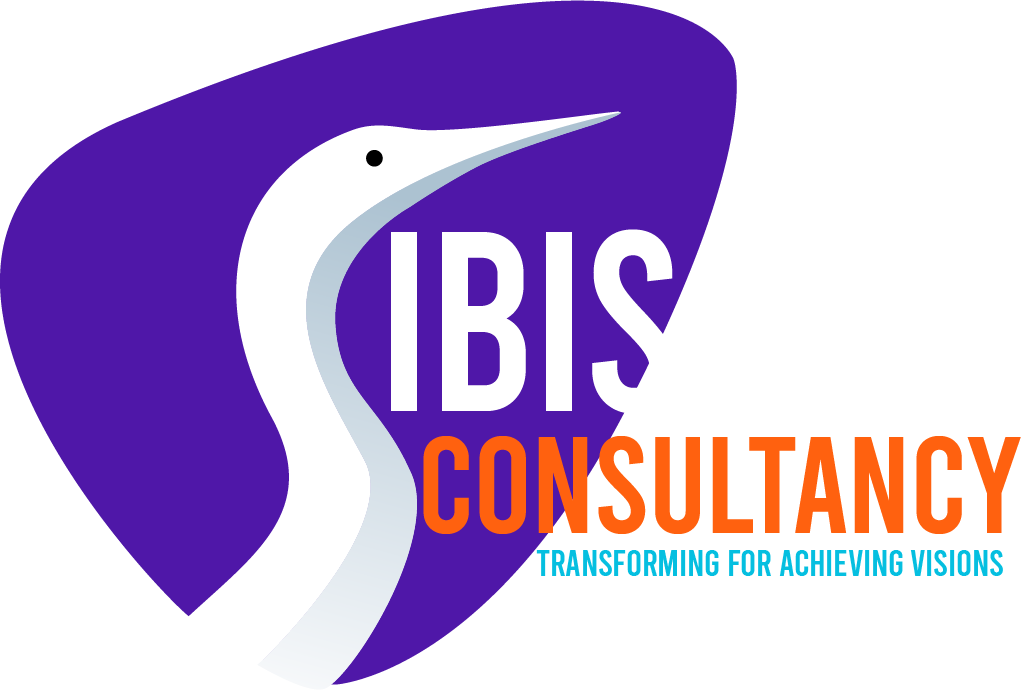Teaching Adults to Read Certification
- Course Duration: 0.75h
- qualification: Teaching Adults to Read Certification
About this course
Teaching Adults to Read Certification
Adult illiteracy is a huge problem in the UK, with nearly 5.2 million adults being functionally illiterate. Individuals who struggle with literacy tend to have higher rates of unemployment, come from impoverished backgrounds and have a higher rate of incarceration than their peers. Giving the adults in your community this necessary skill is an incredibly rewarding job. Unlike teaching English to primary or secondary school students, it is much easier to get involved with adult literacy programmes in your neighbourhood.
This course gives you an introduction into how to teach literacy to adults. We begin with a discussion about the types of students you are likely to encounter, giving you tips on how to help them succeed in the classroom. We also review methods you can use to teach literacy and include a discussion about the role technology should play in your lessons.
What you will learn
You Will Learn:
- Details about the illiteracy problem facing the UK
- What kind of classroom exercises you can use to reinforce your literacy lessons
- What the essential elements of a literacy programme are
- The six strategies experts recommend using when teaching literacy to adults
- The four strategies you can use to keep your adult learners interested and engaged
Benefits of this course
Benefits of Taking This Course:
- Understand what is involved in creating a comprehensive and detailed literacy lesson plan
- Learn more about the type of individual you can expect to see in your classroom, including tips on how to boost their chances at success
- If you are currently an adult literacy teacher, learn more about improving classroom engagement and lesson retention
- If you are thinking about volunteering or working as an adult literacy teacher, learn more about the field
- If you have an illiterate adult in your life, learn more about how you can support their efforts in the classroom

